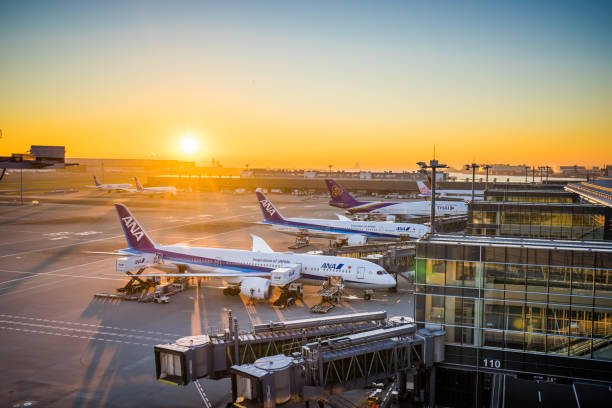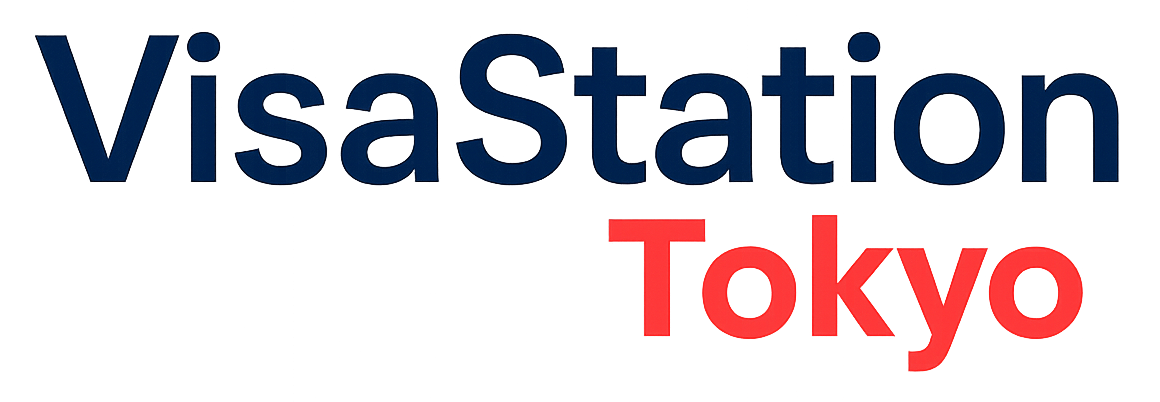
What is a Certificate of Eligibility(COE)?
A Certificate of Eligibility (COE) is a document required for foreign nationals who plan to enter Japan to work, study, or live with family.
It is issued by the Immigration Services Agency of Japan after confirming that the applicant’s intended activities are appropriate for the designated status of residence.
With a COE, the visa application process at a Japanese embassy or consulate overseas becomes much smoother, making entry into Japan faster and more reliable.
When is it required?
- When hiring a foreign professional from overseas to work in Japan
- When inviting a spouse or family member of a Japanese national or permanent resident to live in Japan
- When coming to Japan for study, research, or long-term training
👉 In short, a COE is essential for almost all foreign nationals entering Japan for mid- to long-term activities.
Who applies?
The application must be submitted by the receiving party in Japan (such as the employer, school, or family member).
Foreign nationals themselves cannot apply directly from overseas.
Required documents (examples)
The specific documents vary depending on the type of status of residence, but generally include:
- Application form for Certificate of Eligibility
- Copy of passport and ID photo
- Employment contract or offer letter (for work-related visas)
- Graduation certificate and résumé (for work-related visas)
- Company registration certificate and financial statements (for employers)
- Family registry, residence certificate, and income certificate (for family-related cases)
Application process
- Prepare the necessary documents
The receiving organization or family member gathers and prepares the required documents. - Submit to the Immigration Bureau in Japan
Applications must be submitted at the local immigration office. - Screening (about 1–3 months)
Immigration reviews whether the planned activities match the visa type and whether the receiving party has sufficient financial and social stability. - Issuance of the COE
If approved, the Certificate of Eligibility is issued. - Visa application abroad
The foreign national applies for a visa at a Japanese embassy or consulate in their home country → Visa is granted → Entry into Japan.
Examples
- Hiring an engineer from overseas
A Japanese company applies for the COE → Issuance in about 2 months → The applicant applies for a work visa at the local embassy → Enters Japan and starts working. - Inviting a spouse from abroad
The Japanese spouse applies for the COE → Issuance → The foreign spouse applies for a “Spouse of Japanese National” visa overseas → Enters Japan and begins living together.
Key points reviewed by Immigration
- Whether the job description, academic background, or work history matches the visa requirements
- Stability of the receiving organization or family’s financial situation
- Any past violations such as overstaying or unauthorized work
Common issues
- Application is delayed due to missing or incorrect documents
- Processing takes longer than expected, affecting the planned entry date
- Applicant does not meet the educational or professional requirements, leading to rejection
Benefits of the procedure
- Ensures that hiring, study, or family reunification goes according to plan
- Prevents problems such as illegal employment or visa denial
- Makes the visa issuance process smoother
- Provides peace of mind for both the applicant and the receiving party
Why consult a professional?
- Prevents errors or omissions in documentation
- Ensures the application addresses the points immigration authorities focus on
- Reduces the risk of rejection and helps applicants begin work or life in Japan on schedule
Summary
The Certificate of Eligibility (COE) is the first essential step for foreign nationals starting their life in Japan.
Whether for employment, study, or family reasons, preparing the COE correctly is crucial for a smooth and successful visa process.

